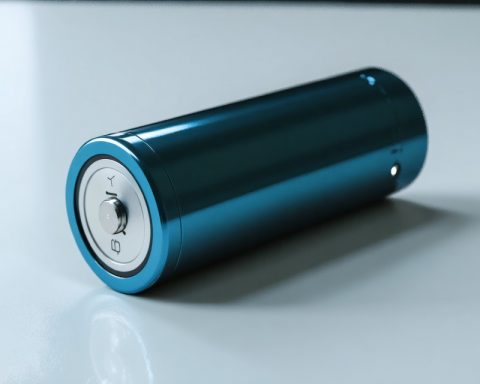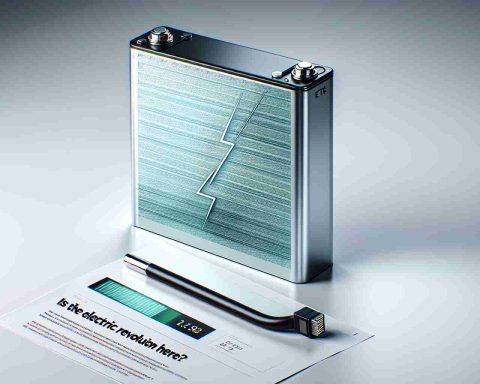Solid-State Battery
A solid-state battery is a type of electrochemical cell that uses a solid electrolyte instead of a liquid or gel electrolyte found in traditional lithium-ion batteries. This solid electrolyte can be made from various materials, including ceramics, glass, or solid polymers. Solid-state batteries are designed to improve energy density, safety, and longevity compared to conventional batteries. They offer several advantages, such as a reduced risk of leakage and combustion, greater stability at high temperatures, and potentially higher efficiency. Due to these benefits, solid-state batteries are increasingly seen as a promising technology for a wide range of applications, including electric vehicles and portable electronic devices. However, challenges remain in terms of manufacturing scale, cost, and achieving optimal performance in practical scenarios.


















